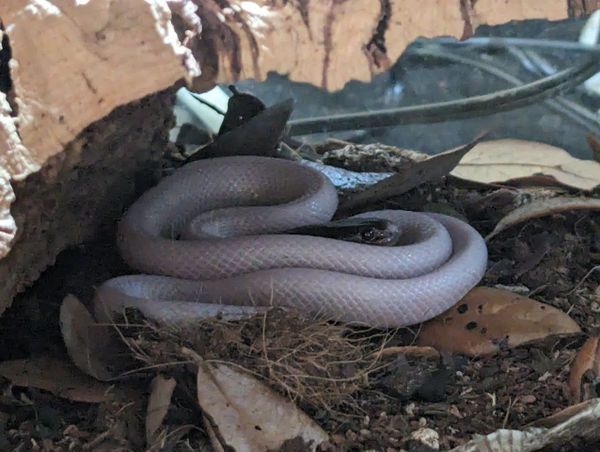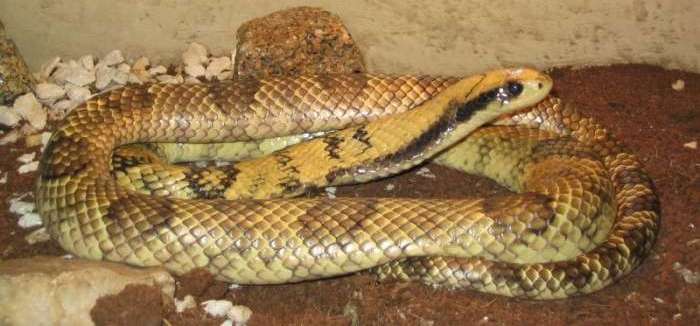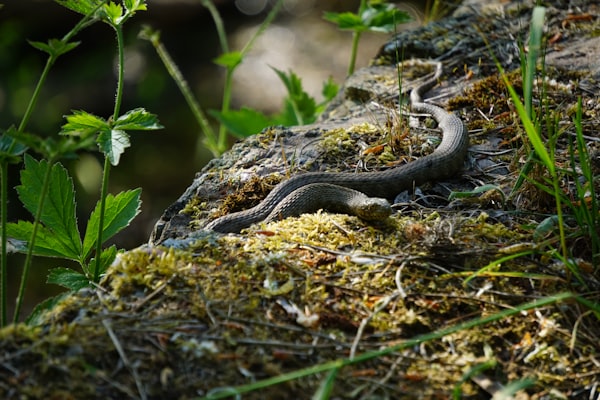How to Breed Horned Worms for Your Pet Reptiles
Horned worms, tomato bugs, or hawk moth larvae are nutritious worms and are a great source of protein for your reptiles.

Breeding horned worms for your pet reptiles can be a rewarding and beneficial endeavor. These nutritious worms are a great source of protein for your reptiles and can help to promote their overall health and well-being. However, successfully breeding and caring for horned worms requires some knowledge and preparation. In this article, we will guide you through the process of choosing the right horned worms, creating the ideal breeding environment, and breeding and caring for these fascinating creatures. By following these steps, you can ensure the health and vitality of your pet reptiles.
Horned worms, tomato bugs, or hawk moth larvae are all common names for manduca quinquemaculata.
Key Takeaways
- Choose horned worms from reputable sources to ensure their health and quality.
- Create a suitable breeding environment by setting up proper containers and maintaining the right temperature and humidity.
- Select breeding pairs carefully to maximize the success of the breeding process.
- Provide proper care for the eggs and larvae, including regular feeding and monitoring.
- Feed and grow the horned worms with a nutritious diet to ensure their health and vitality.
- Maintaining a consistent temperature between 75-85 degrees Fahrenheit and a humidity level of 60-70% is essential.
Choosing the Right Horned Worms

Points of Consideration
When it comes to breeding horned worms for your pet reptiles, it is important to understand the different species. Each species has its own unique characteristics and requirements. One key aspect to consider is the hygiene practices. Maintaining proper hygiene is crucial for the health and well-being of the worms. By following good hygiene practices, you can prevent the spread of diseases and ensure a healthy breeding environment.
Creating the Ideal Breeding Environment
Setting Up the Worm Containers
When setting up the worm containers, it is important to create a suitable environment for the horned worms to thrive. Wild worms are known to prefer a specific temperature and humidity range, so it is crucial to replicate these conditions in the containers. Additionally, providing ample space for the worms to move around and hide is essential for their well-being. It is recommended to use plastic or glass containers with secure lids to prevent any escapes. Proper ventilation is also necessary to maintain air circulation within the containers.
Feeding and Maintaining the Worms
Feeding and maintaining the worms is crucial for their health and growth. It is important to provide them with a balanced diet to ensure they receive all the necessary nutrients. Avoid feeding them contaminated food as it can lead to health issues. Instead, opt for fresh and nutritious options. Additionally, regularly clean their containers to prevent the buildup of waste and bacteria. This will help maintain a clean and hygienic environment for the worms.
Breeding and Caring for Horned Worms

Creating the Breeding Conditions
Creating the ideal breeding conditions is crucial for the successful reproduction of horned worms. These conditions include providing the right temperature and humidity levels, as well as ensuring a suitable substrate for the worms to lay their eggs. It is important to note that different species of horned worms may have specific requirements when it comes to breeding conditions. Therefore, it is essential to research and understand the needs of the particular species you are working with.
Consider the guide to dubia roaches and maintain a clean and suitable environment. Ensure that the worms have been raised in a clean environment, as this will greatly impact their overall health and reproductive success.
Caring for the Eggs and Larvae
Once the eggs have been laid, it is crucial to provide the right conditions for their development. Temperature and humidity play a vital role in the growth of the eggs and larvae. Maintaining a consistent temperature between 75-85 degrees Fahrenheit and a humidity level of 60-70% is essential. This can be achieved by using a heat mat or lamp and a misting system. It is important to monitor these conditions regularly to ensure the eggs and larvae are thriving.
To ensure proper nutrition for the developing eggs and larvae, it is recommended to feed them a diet rich in nutrients. This can include a variety of foods such as leafy greens, fruits, and vegetables. Providing a balanced diet will contribute to the healthy growth and development of the horned worms. Additionally, it is important to clean the containers regularly to prevent the buildup of waste and bacteria.
Tip: Keep the containers in a quiet and undisturbed area to minimize stress on the eggs and larvae.
Feeding and Growing the Worms
Feeding and growing the worms is a crucial step in the breeding process. It is important to provide the right nutrition and care to ensure the healthy development of the worms. Pet reptiles rely on horned worms as a nutritious food source, so it is essential to prioritize their growth and well-being.
Frequently Asked Questions
What are horned worms?
Horned worms, also known as hornworms, are the larvae of the hawk moth. They are commonly used as feeder insects for reptiles due to their high nutritional value.
Where can I buy horned worms?
Horned worms can be purchased from pet stores, online reptile supply websites, or insect breeders. It is important to ensure that the worms are healthy and properly cared for before purchasing.
How do I choose the right horned worms for my reptiles?
When choosing horned worms, look for plump and active larvae. Avoid worms that are discolored, lethargic, or have signs of disease. It is also important to consider the size of the worms in relation to the size of your reptile.
What is the ideal breeding environment for horned worms?
The ideal breeding environment for horned worms includes spacious containers with proper ventilation, suitable temperature and humidity levels, and a nutritious diet for the worms.
How do I care for the eggs and larvae of horned worms?
To care for the eggs and larvae of horned worms, provide a suitable substrate for egg laying, maintain optimal temperature and humidity conditions, and ensure a steady supply of fresh food for the growing larvae.
What should I feed horned worms?
Horned worms can be fed a diet of fresh fruits and vegetables, such as leafy greens and squash. It is important to provide a varied diet to ensure proper nutrition for the worms and the reptiles that will consume them.





